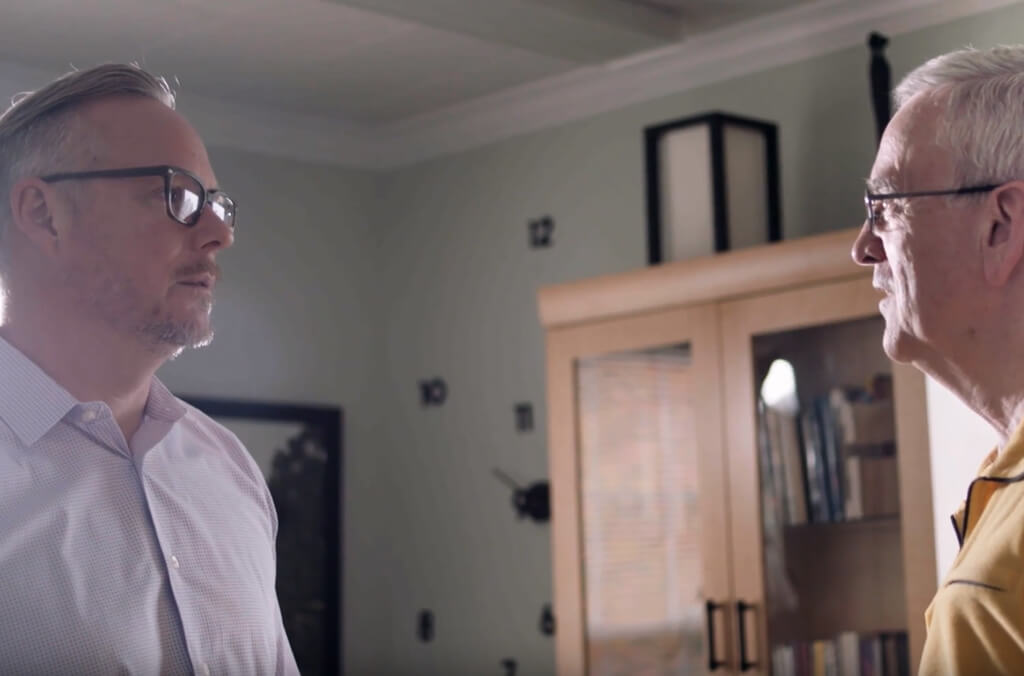By Grant Stenzel, MS Licensed Clinical Professional Counselor
Deciding to seek therapy is a big decision that can be a little intimidating, but it gets a bit easier if you know how to find the right therapist. It’s important that you feel confident that the person you’re seeing is a good fit. One of the worst things that can happen is someone who isn’t right for your needs scares you away from counseling. Don’t let that happen to you. These are some of the signs you can look for to decide if your therapist is the right fit for you.
1. The right therapist specializes in a relevant area.
It’s important that your therapist is well-versed in the area where you need help. Many clinics will have an intake coordinator whose purpose is to match you with a member of their staff that best suits your needs, and a lot of therapists are eclectic and specialize in multiple areas. But if you’re seeking help for something uncommon and specific, it’s best to find someone who specializes in exactly that.
Of course, there sometimes may not be many options. People who don’t have access to health insurance or have insurance that doesn’t cover their sessions might be limited to only seeing someone who offers a sliding scale for payment. But even in that case, it’s still better to seek treatment from someone who will do their best to learn about your condition in order to help you. If a therapist is the right fit, they will do their best to adapt so they can give you the treatment you need.
2. The right therapist forms a genuine connection with you.
One of the biggest things to look for is whether or not you feel safe and heard during your sessions. Growth cannot happen if there isn’t a sense of trust and connection between you and your therapist, and that won’t happen if you feel like just another name in a stack of files. A good therapist will remember details about your life. They will remember the big things like anniversaries of happy or traumatic events, but they will also remember little things, like the name of a friend you mentioned in passing a couple sessions ago. In short, they care about you. If you don’t get that sense, it’s time to look elsewhere.
3. The right therapist invites you to grow.
The whole point of seeking treatment is to be able to move past the things that are affecting your life and holding you back. It can be nice to have somewhere to let out thoughts and feelings that you can’t bring yourself to express anywhere else, but a good therapist will offer more. They will certainly offer grace and a listening ear, but they will also never stop challenging you to grow. Ask yourself if you feel like your sessions are helping you move forward. Have you made any changes that were a result of going to therapy? Or are you stuck in the same place you were when you started?
4. The right therapist asks for your honesty.
Your therapist cannot help you if you are not being honest with them. You even need to be honest about things they may not have asked you about yet. A lot of people have the idea that if their therapist isn’t asking about something, then they don’t need to talk about it. Keep in mind that they cannot read your mind and that it’s important you bring up things you think you need to talk about. Holding back isn’t going to help you in the long run. If you think something is important, absolutely bring it up. They’ll know how to help you steer the conversation from there.
5. A reminder for you: Not everything is a red flag.
If you feel like something is wrong with the way your therapist is handling things, have a conversation about it. Much of the time, all you have to say is, “This isn’t working for me.” Any professional with your best interest in mind will be open to changing their current process if you don’t feel comfortable with it.
But keep in mind that therapy isn’t easy. You are beginning the uphill battle of dealing with things you might have previously ignored or medicated in an unhealthy manner. You’re not going to fix those things in two sessions, or even six sessions. Change is hard work and you have to pace yourself. It’s not necessarily a bad sign if you leave your sessions feeling upset. Dealing with the issues in your life is going to cause a certain sense of disruption, and that disturbance tends to make things worse before they get better. The next time you leave a session feeling upset and think that you might want to quit, ask yourself if it’s because you don’t like your therapist, or if it’s because you want to avoid the way that your sessions make you feel. If it’s the latter, then keep at it, because you’re doing the work you need to do.
If you’re considering starting your journey with therapy but aren’t sure where to start, reach out to us. Our priority is to find you the best fit, always.
“One of the worst things that can happen is someone who isn’t right for your needs scares you away from counseling. Don’t let that happen to you.
By Grant Stenzel, MS Licensed Clinical Professional Counselor
Recent Posts
Being Released from Overthinking – Part II
Please read Part I here. Today's work environment presents many with a constant barrage of potential anxieties. From deciphering [...]
5 Reasons to Join an Addiction Support Group
At Stenzel Clinical Services, we understand that recovery is not a solitary journey. Joining an addiction support group can [...]
Top 7 Self-Care Practices
In a world that continuously pulls us in multiple directions, self-care is extremely important. With thoughtful practices tailored to [...]




